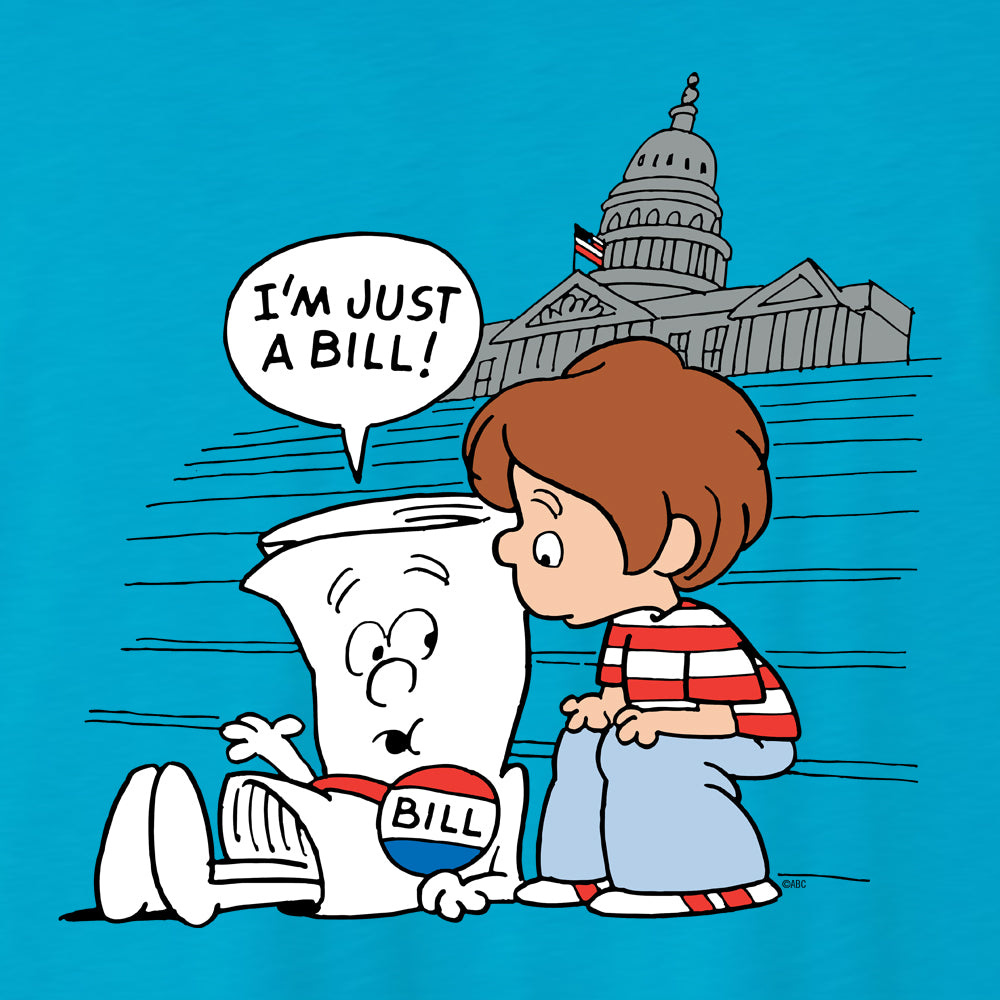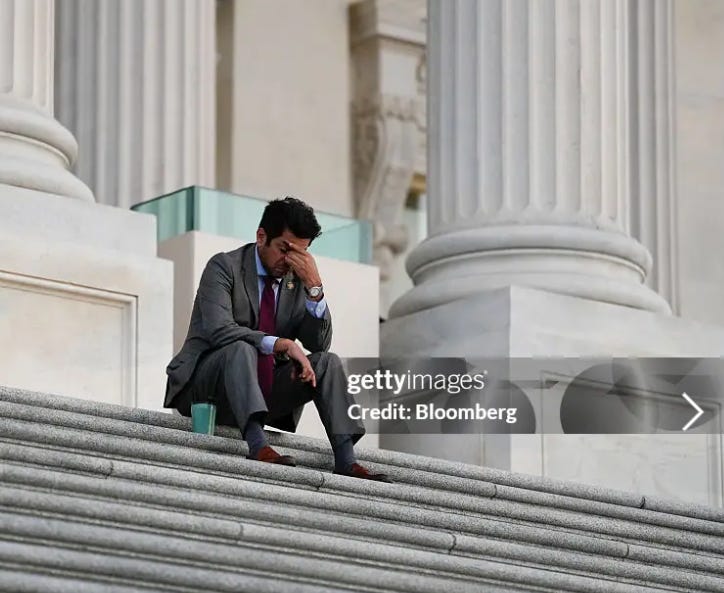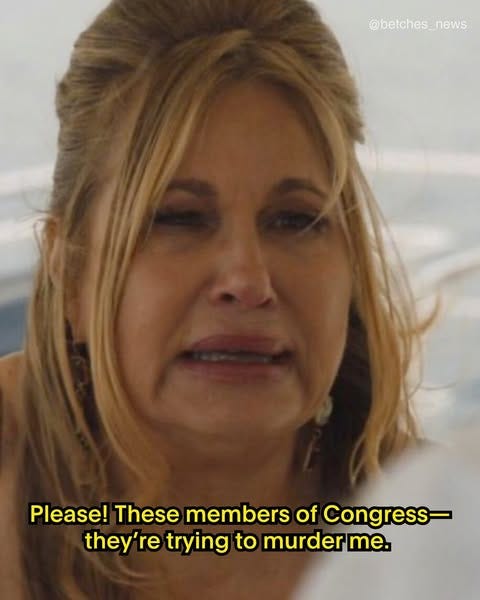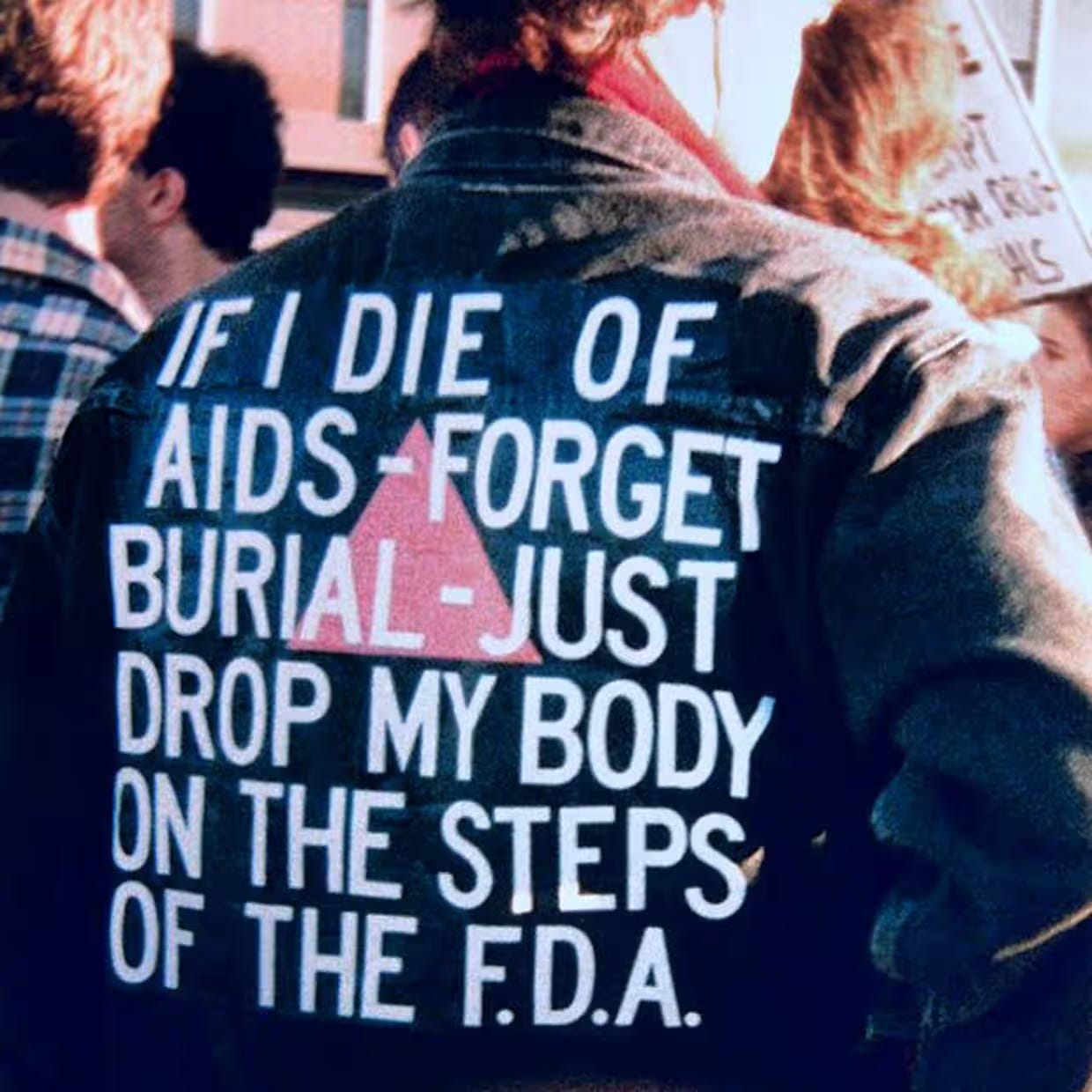My 4th of July was a Big Beautiful Bummer
Trump signed the "Big Beautiful Bill" on July 4th, but what does this mean for public health?
On July 4th, 2025, President Trump signed a bill that has been called the largest transfer of wealth in American history. All I could think of was this quote;
“What to the slave is the 4th of July?
I answer: a day that reveals to him, more than all other days in the year, the gross injustice and cruelty to which he is the constant victim. To him, your celebration is a sham; your boasted liberty, an unholy license; your national greatness, swelling vanity; your sounds of rejoicing are empty and heartless; your denunciations of tyrants, brass fronted impudence; your shouts of liberty and equality, hollow mockery; your prayers and hymns, your sermons and thanksgivings, with all your religious parade, and solemnity, are, to him, mere bombast, fraud, deception, impiety, and hypocrisy—a thin veil to cover up crimes which would disgrace a nation of savages. There is not a nation on the earth guilty of practices, more shocking and bloody, than are the people of these United States, at this very hour.” - Fredrick Douglass, 1852
Let’s Catch Up
Introduced in the House on 5/20/25, the H.R. 1- One Big Beautiful Bill (OBBB) Act, took aim at many different policies such as raising the debt ceiling, terminating green energy tax incentives, reducing the child tax credit, increase funding for the border wall and ICE enforcement, and changing (cutting) Supplemental Nutritional Assistance (SNAP), Medicaid, and potentially Medicare. The bill passed the House on 5/22/25 and moved to the Senate.
“I’m just a bill” from Schoolhouse Rock! 1976
On July 1, Vice President JD Vance broke the tie in the Senate to pass the Republican spending and tax OBBB. While Senator Susan Collins voted no (color me shocked), Senator Lisa Murkowski voted yes (when subsidies specific to Alaskan industry were added to the bill). The OBBB moved back to the House, and after a tumultuously close vote (218 to 214), it passed on July 3, moving to the president’s desk for a signature. Democrat resistance included a press conference by the Democratic Doctors Caucus on the consequences of the bill outside Speaker Johnson’s office and Representative Hakeem Jeffries broke the record for longest House speech at 8.5 hours railing against the bill. While the whole entertaining affair was giving “reality show” vibes, I felt more like Representative Jimmy Gomez, D-California, at the end of the day.
So, what does this bill do?
Medicaid
The OBBB specifically targets Medicaid and will slash nearly $1 trillion in funding. The Congressional Budget Office estimates that the “work requirements” put into the bill would strip almost 5.2 million of their coverage, something that disability advocates are sounding the alarm about (yet again). Legislators seem to be blissfully unaware of the complexity that surrounds those utilizing Medicaid services (and that’s coming from someone who grew up on Medicaid).
Here’s the simple truth: Medicaid work requirements are burdensome not only for recipients but for Medicaid administrators. Evidence from states that have imposed work requirements shows that people have difficulty navigating reporting systems. Siphoning money from the already fragile healthcare system to impose more administrative work seems counterintuitive (although that seems to be the Republican playbook).
Congress is coming for us.
Rural Healthcare
The OBBB has a $50 billion fund called the “Rural Health Transformation Program,” which hopes to address disparities that exist in rural areas (based on what public health data is yet to be determined). This funding is intended to help mitigate the impact of cuts to Medicaid that could exceed $155 billion in rural areas over the next decade, resulting in a clear deficit.
While this so-called transformation program hopes to address some of the most significant issues facing rural health, such as access to care, clinician shortages, and "long-term financial solvency,” the how seems to be lacking. Just like a man who swears he’s going to rock your world, the OBBB promises a lot and seems to deliver virtually nothing.
Rural hospitals, girl, you in danger. And these cuts could cost lives.
This short does a great job of explaining some of the issues rural health will face with the passage of the OBBB.
Republicans Want to Bring Back [Checks Notes] an HIV Epidemic?
As a gay male who went through somewhat of a slutty phase, I understand the necessity of HIV prevention (and have friends who understand the necessity of HIV care). Straights, you should be paying attention too - HIV actually does affect your community.
One of the biggest critiques from Queer advocates is that Medicaid is the largest funder of HIV care in the nation, with an estimated 40% of people living with HIV using Medicaid services. This is not the first time the administration has threatened HIV treatment, as there were proposals to cut over $200 million in funding to the Ending the HIV Epidemic Initiative, which was saved due to the recent decision by the Supreme Court (surprisingly) to uphold that the ACA’s mandate to cover preventative services, including PrEP, is constitutional. This ruling came after a group of so-called “Christian” business owners claimed that being required to cover PrEP violated their “religious” beliefs (don’t even get me started on the hypocrisy of religion - we will save that for another post).
With the passage of the OBBB, we, as Queer advocates, are concerned about what it may mean for our community. STI testing, PrEP, and HIV treatment are all at risk here. These cuts to Medicaid are a deliberate attack on the most vulnerable communities. While Republicans can claim that we are “just being dramatic,” the evidence is in the Bill (of which most of them didn’t read; they followed their cult leader’s word). Let’s remember: Silence=Death.
A jacket of the popular quote by David Wojnarowicz at the height of the HIV epidemic.
What Now?
Volunteer Your Time
Familiar with Medicaid, SNAP, or Medicare paperwork, offer your time to help people re-enroll or fill out work requirements. The average American reads at a 7-8th grade reading level, and these administrative barriers were made to strip people of their healthcare. Have any healthcare training? See if you can volunteer doing community health screenings or blood pressure checks. Are you a nurse? See if you can volunteer at a free community or church footcare clinic for elderly and disabled patients. BUT don’t burn yourself out, we are helpers (I see you Enneagram #2’s in healthcare), take care of yourself girlie!!
Show Up at the Midterms
Vote. We don’t really need to say more. Just please, go vote.
Stick Together
Between legislation, new administrative policies, and executive orders- our zone in public health and healthcare has been flooded. Funding claw backs, late or reduced funding, federal restructuring, and budget cuts are meant to inspire a scarcity mindset. It is so easy to breathe relief and say “My job or my program are safe,” but for how long? Increased workloads, sicker patients (due to reduced access now), fuller emergency rooms, and overwhelmed social safety nets have the potential to break us or worse, turn us on each other. Please meet your fellow public health and healthcare workers with grace and solidarity. It’s us against the system y’all.
Need to bitch? Feel free to comment or shoot us an email. Let’s build some community!








